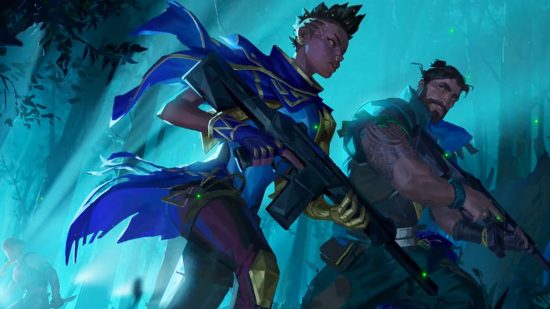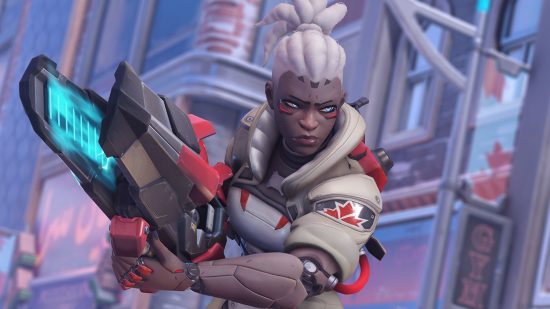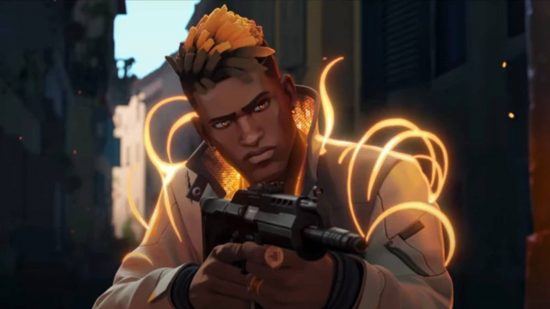I vividly remember writing up the announcement article for Valorant’s Astra, the galaxy-brained Ghanaian controller that remains my first pick in the FPS game, despite her rather sorry spot on the Valorant tier list. While I was drawn to Astra’s Afro-futuristic style and sassy quips, what I loved most about her was the fact that she is so shamelessly Black, much like fellow Valorant agent Phoenix.
In a recent interview with Black Girl Gamers CEO and founder Jay-Ann Lopez, I asked her about Valorant’s diverse cast of characters, which she claims are more representative of Black culture than rival hero shooter, Overwatch.
“I initially had a real problem with [Overwatch],” she tells me. “I still do, and don’t get me wrong, I think when people say that they have a critique for a game it means they don’t love it. I critique the game because I loved it, and it was disappointing that there was no Black female character in that game – and I mean unambiguous Black character, someone that you can distinctly say is Black that a young Black girl would find representation in. There was none until Overwatch 2.”
“But at the same time, they had a number of white male and female characters, and they had other races too, but there was no Black female character; not even one that we could pick from,” she says. “So you can’t really claim diversity and then have a majority of white characters. That’s not how it works; you’re then just throwing us crumbs. There has to be the same variety with white characters as Black ones.
“You don’t want to just see a white character from England, Sweden, France, Germany, and Poland, then one Black American character – that makes no sense to me. There has to be [Black] American characters, English characters, characters from continental Africa – it’s one of the biggest places on the planet! It’s frustrating, and games need to stop centreing whiteness; that’s the problem.”
On the flip side, Valorant has Ghanaian Agent Astra, British firecracker Phoenix, and Moroccan super sleuth Cypher. Jay-Ann specifically refers to Astra as “not stereotypical,” noting that the Black community largely sees her as a beacon of what a Black female character can (and should) be.
“She looks dope,” she says with a laugh. “Riot was one of the companies that had Angela Roseboro as Chief Diversity Officer, and she had a huge impact – you can see that in the fact that there was a Black female character released in League of Legends [Senna] and it hadn’t had one since inception.” For context, Senna released in 2019, League of Legends itself released in 2009, meaning it took ten years for a Black woman to appear in the MOBA.

One of the things that really struck me about Valorant is the fact that the characters aren’t, to borrow Jay-Ann’s words, a “white conception of Blackness.” They feel authentic, and that’s exactly what gaming needs – real Black voices.
If you haven’t tried out Valorant yet but fancy giving it a go, we have a rundown of all of the current Valorant characters and their abilities, as well as a guide with all of the best Valorant crosshairs to help you hone your head-popping skills.


